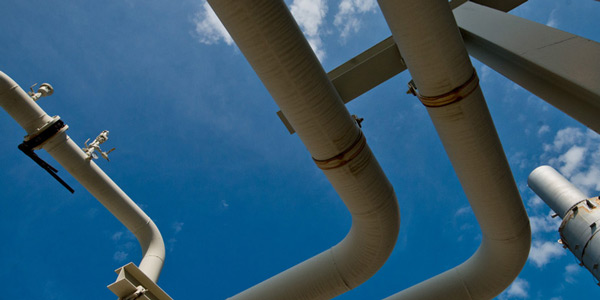By Amanda Durish Cook
A MISO plan to share generators’ hourly gas-burn estimates with select natural gas pipeline operators will require more explanation before getting federal approval, FERC staff said Tuesday.
Agency staff issued the RTO a deficiency letter in response to a proposal to share nonpublic, day-ahead gas-usage profiles with pipeline companies — which currently include Northern Natural Gas, ANR Pipeline and DTE Energy — before this winter as part of a pilot program meant to improve gas reliability (ER17-1556). (See “3 Pipeline Companies to Receive Gas Profiles Before Winter,” MISO Reliability Subcommittee Briefs.)
In filing the proposal, MISO stressed that it would share only aggregated data, while also contending that sharing nonpublic operational data was allowed under FERC Order 787. The RTO plans to execute nondisclosure agreements with relevant pipelines and utilities under the proposal.
But FERC staff were primarily concerned with a provision that would also allow MISO to share data with local distribution companies (LDCs) and intrastate pipelines in addition to interstate operators.
While the deficiency letter acknowledged that Order 787 recognized the “significant” role of LDCs and others in maintaining reliability of both interstate pipeline systems and electric transmission systems, it also noted the order “declined to provide blanket authorization for the disclosure of nonpublic, operational information” to LDCs, intrastate pipelines or gas gatherers, instead requiring a case-by-case approach. FERC staff determined that “MISO does not provide support for this aspect of its proposal” and gave the RTO 30 days to provide more supporting information to justify sharing nonpublic information with LDCs.
Agency staff also said that MISO’s proposal failed to expressly prohibit the use of nonpublic, operational information “to the detriment of any natural gas and/or electric market,” as an earlier, similar proposal from PJM promised. MISO’s proposed nondisclosure agreement merely prohibits the “receiving entity from illegal and non-legitimate use of the nonpublic, operational information,” FERC staff said, asking MISO to explain the omission.
Some MISO stakeholders earlier this year voiced opposition to the pilot program, saying it could affect reliability if participating gas operators make burn rate decisions relying solely on partial day-ahead data. (See MISO Stakeholders Question Electric-Gas Info Sharing.)




